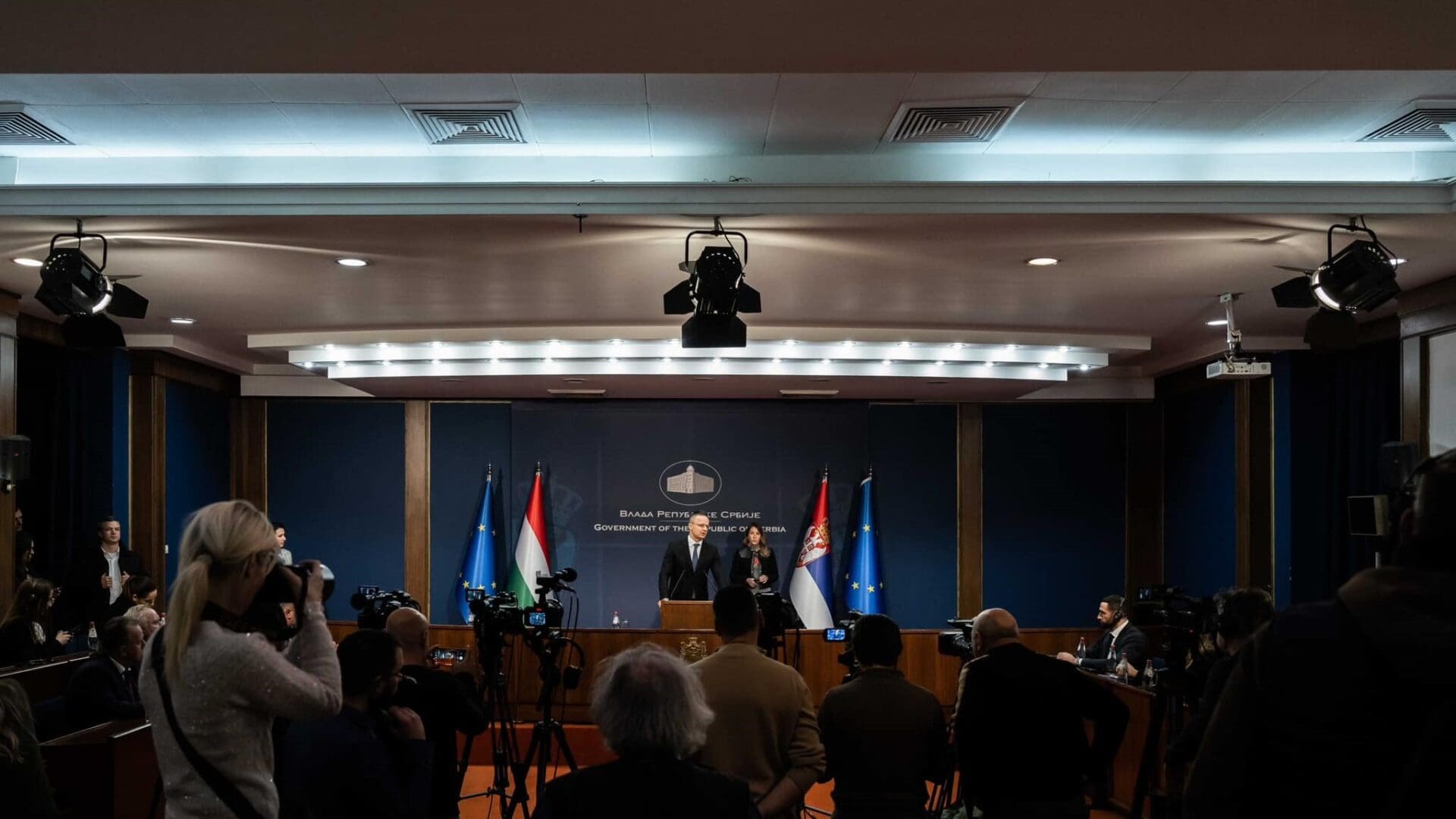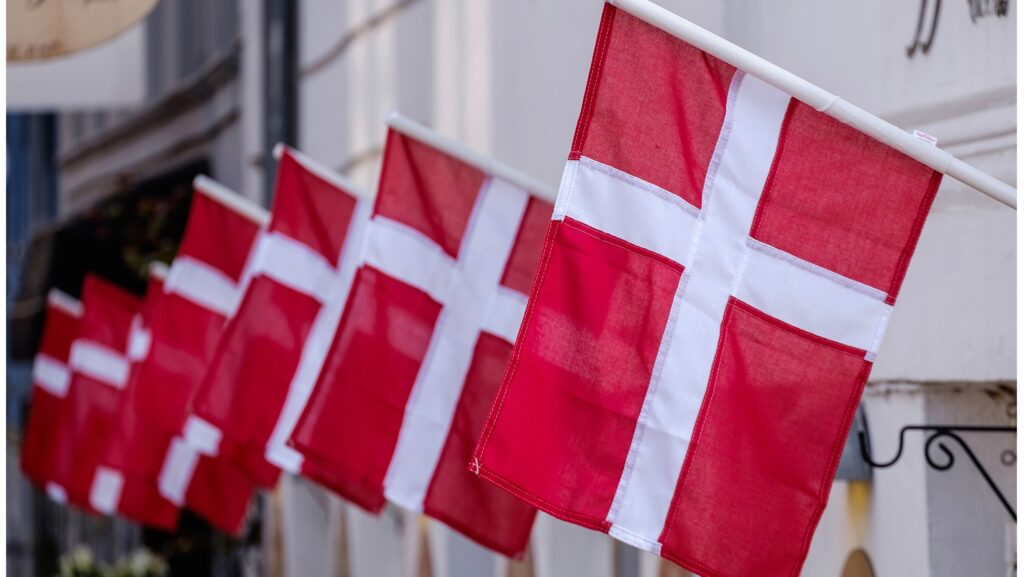The war in Ukraine has had a significant impact on the security of energy supply, however, Hungary and Serbia have been assisting each other in to ensure energy security in the the two countries, in the spirit of friendly, strategic cooperation, and will continue to do so in the future, according to Hungary’s Minister of Foreign Affairs and Trade, Péter Szijjártó. The minister spoke at a joint press with his Serbian counterpart in Belgrade on Tuesday.
Serbia ‘A Trustworthy, Fair and Honest Partner’
In terms of the extremely unpredictable energy environment brought on by the war and sanctions, Péter Szijjártó and Serbian Minister of Mines and Energy Dubravka Đedović remarked that Serbia and Hungary have effectively overcome the challenges and have been able to ensure their energy supplies.
The Hungarian foreign minister emphasised: ‘Regarding the transmission of natural gas, Serbia has been a trustworthy, fair, and honest partner for Hungary.’ As a result, Hungary was able to import 4.8 billion cubic metres of natural gas through Serbia via the Turkish Stream gas pipeline last year. Additionally, Hungary last year kept 300 million cubic metres of gas in its domestic storage facilities for Serbia.
Péter Szijjártó noted that diversification, and the addition of other sources, would be crucial for the long-term security of the gas supply. The possibility of increasing the gas supply from Azerbaijan, he said, is the most likely scenario. However, significant infrastructure improvements in the area, such as the construction of pipelines and interconnectors, are required in order to transport and utilise the gas from Azerbaijan.
Azerbaijan a Key Player
Thankfully, such a link between Serbia and Bulgaria will soon be constructed, and at the same time, discussions between Hungary and Azerbaijan on a long-term gas purchase arrangement are well along.
‘The supply of this gas to Hungary is planned via two different routes: first, from Turkey via Bulgaria and Romania, and also via Serbia.’
The minister added that process of doubling the capacity of the gas interconnector between Serbia and Hungary by 2028 is on pace. With the two new nuclear power units at the Paks plant set to enter commercial operation in the early 2030s, both countries’ electricity supply will also remain secure.
As the foreign minister noted, Azerbaijan has recently been playing a bigger part in the energy supply of Europe. In fact, the entire European Union is interested in collaborating with the South Caucasian nation, not only Hungary: Ursula von der Leyen, president of the European Commission, visited Azerbaijan in January in an effort to clinch an advantageous energy supply agreement. She stated that the EU wants to diversify away from Russia and gravitate towards more dependable, trustworthy allies following her meeting with Azeri President İlham Əliyev.








